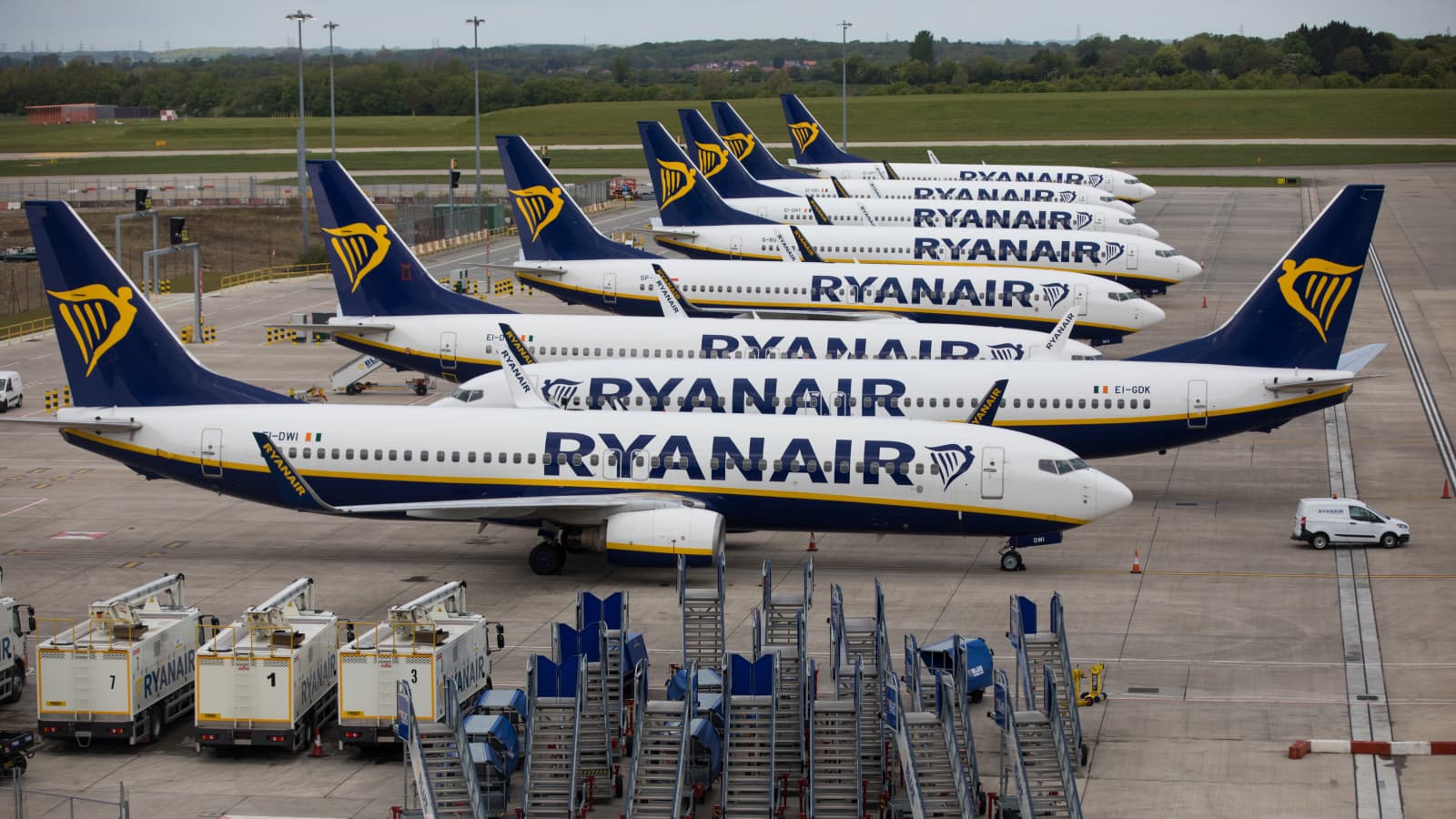
Ever wondered why budget airlines can offer such low fares? These carriers have revolutionized air travel, making it accessible to millions. Budget airlines cut costs by using a variety of strategies, from charging for extras like checked baggage and meals to operating more efficient aircraft. They often fly to secondary airports, which have lower fees and less congestion. Did you know that some budget airlines even save money by having quicker turnaround times, allowing them to fly more routes in a day? Understanding these tactics can help you make the most of your next low-cost flight. Ready to learn more? Buckle up as we explore 17 fascinating facts about budget airlines!
Key Takeaways:
- Budget airlines offer affordable flights by cutting down on services. They make money through extra charges and high load factors, but may have limited services and frequent delays.
- The future of budget airlines looks promising with sustainability initiatives and expansion. They aim to make air travel accessible while reducing environmental impact.
What Are Budget Airlines?
Budget airlines, also known as low-cost carriers, offer affordable flight options by cutting down on various services. These airlines have revolutionized air travel, making it accessible to more people. Here are some interesting facts about budget airlines.
-
First Budget Airline: Southwest Airlines, founded in 1967, is considered the first budget airline. It introduced the low-cost model that many airlines follow today.
-
No-Frills Service: Budget airlines often eliminate complimentary services like meals, drinks, and checked baggage to keep ticket prices low.
-
Secondary Airports: Many budget airlines use secondary airports to reduce landing fees and congestion, which helps keep costs down.
-
Quick Turnaround: These airlines aim for quick turnaround times, often 25-30 minutes, to maximize aircraft utilization and reduce costs.
How Do Budget Airlines Make Money?
Despite offering low fares, budget airlines have several strategies to ensure profitability. Here are some ways they make money.
-
Ancillary Revenue: They generate significant income from extra charges for services like seat selection, priority boarding, and in-flight meals.
-
High Load Factor: Budget airlines aim for a high load factor, meaning they try to fill as many seats as possible on each flight.
-
Fuel Efficiency: Using newer, more fuel-efficient aircraft helps reduce operating costs, contributing to profitability.
-
Direct Sales: Many budget airlines sell tickets directly through their websites, avoiding commission fees to travel agents.
Popular Budget Airlines Around the World
Budget airlines have a global presence, offering affordable travel options in many regions. Here are some popular ones.
-
Ryanair: Based in Ireland, Ryanair is one of Europe's largest budget airlines, known for its extensive route network.
-
AirAsia: This Malaysian airline has become a major player in Asia, offering low-cost flights to numerous destinations.
-
Spirit Airlines: Based in the United States, Spirit Airlines is known for its ultra-low-cost fares and a la carte pricing model.
-
Jetstar: An Australian budget airline, Jetstar operates in the Asia-Pacific region, offering affordable travel options.
Pros and Cons of Flying Budget Airlines
Flying with budget airlines has its advantages and disadvantages. Here are some pros and cons to consider.
-
Affordability: The most significant advantage is the low ticket prices, making air travel accessible to more people.
-
Limited Services: A downside is the lack of complimentary services, which means passengers may have to pay extra for amenities.
-
Frequent Delays: Budget airlines often experience delays due to their use of secondary airports and tight schedules.
-
Baggage Fees: Passengers need to be mindful of baggage fees, as these can add up quickly and negate the savings on the ticket price.
Future of Budget Airlines
The future looks promising for budget airlines as they continue to innovate and expand. Here are some trends to watch.
- Sustainability Initiatives: Many budget airlines are investing in more fuel-efficient aircraft and exploring sustainable aviation fuels to reduce their environmental impact.
Final Thoughts on Budget Airlines
Budget airlines have changed the way we travel. They offer affordable options, making it easier for everyone to explore new places. While they might cut some corners, like smaller seats or fewer amenities, the savings can be worth it. Remember to read the fine print, as extra fees can add up quickly. Pack light, bring your own snacks, and be prepared for a no-frills experience. These airlines often use secondary airports, so double-check your destination. Despite some trade-offs, budget airlines provide a valuable service for those looking to save money. Whether you're planning a quick getaway or a longer trip, they can help you stick to your budget. So next time you're booking a flight, consider giving a budget airline a try. You might be surprised at how much you can save.
Frequently Asked Questions
Was this page helpful?
Our commitment to delivering trustworthy and engaging content is at the heart of what we do. Each fact on our site is contributed by real users like you, bringing a wealth of diverse insights and information. To ensure the highest standards of accuracy and reliability, our dedicated editors meticulously review each submission. This process guarantees that the facts we share are not only fascinating but also credible. Trust in our commitment to quality and authenticity as you explore and learn with us.


